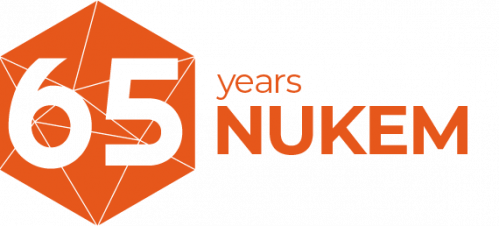




Founded in 1960 as NUKEM Nuklearchemie und Metallurgie GmbH, the company initially focused on uranium processing and nuclear fuel fabrication. Through pioneering research and development, NUKEM gained international prominence. In the 1970s, the company expanded into nuclear engineering and plant construction, responding to the evolving landscape of nuclear energy in Germany.

Over the decades, NUKEM's business evolved with global trends, political developments, and market shifts. The company successfully transitioned from fuel manufacturing to waste management and decommissioning, becoming a key player in these fields.
Following various changes in ownership, NUKEM Technologies Engineering Services GmbH became a subsidiary of Muroosystems Corp. in 2024. Muroosystems, based in Japan, is a leader in renewable energy and digital infrastructure. This partnership enhances our international reach and strengthens our commitment to sustainability, innovation, and long-term impact.
Contact
NUKEM Technologies Engineering Services GmbH
Zeche Gustav 6
63791 Karlstein am Main
Services
Corporate Responsibility